Found 10 results for Challah
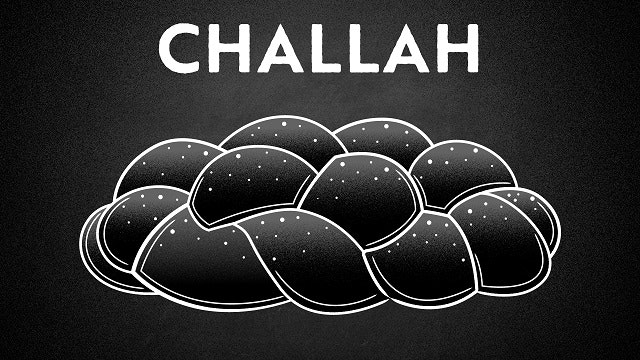
Challah: What’s So Special About Making Dough?
Every week, in many Jewish homes, families bake two warm, delicious loaves of challah bread for the Shabbat meal. The smell of freshly-baked challah is familiar and comforting – but how often do we contemplate the meaning behind the act of making challah? Is there any symbolism behind the ingredients — flour, water, often sugar, eggs, oil — of the challah dough? When we knead the challah dough, shape it, bake it… what are we supposed to be thinking about? Sure, challah is delicious, it enhances our celebration of Shabbat, but is there some deep spiritual lesson that we’re meant to take from the challah baking experience itself? If we follow the clues hidden in the Torah, paying special attention to the Hebrew word for challah, חַלָּה, we can start to see the deeper significance behind those braided loaves. We can see that baking challah is about something much grander, much more significant, than combining ingredients in a mere act of baking. In this video, Rabbi Fohrman explores the Torah sources for the idea of separating and baking ‘challah’ – and shows how we, thousands of years later, can find deep and lasting meaning in the challah bread that sits on our Shabbat tables.
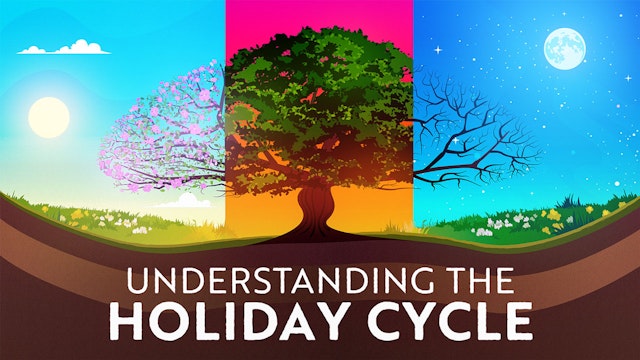
Pesach & Shavuot
↳ part 2 of 5 of the series "The Deep Connection Between the Biblical Holidays"
Rabbi Fohrman continues his exploration with a focus on Pesach and The Omer Offering. He demonstrates the connections between the concept of Shabbat as a rest from the act of creation in regards to Pesach and the Omer. In this lecture he shows how the Pesach is the Shabbat from agriculture, in particular the creative act of making bread.
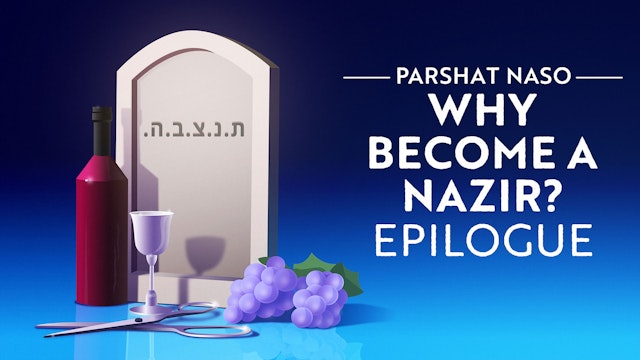
What It Really Means To Be A Nazarite - Epilogue
↳ part 2 of 2 of the series "Why Would Anyone Want to Be a Nazir?"
In this epilogue audio, Rabbi Fohrman joins Rivky in the studio, and they elaborate on the connections between the nazir and the priest. They discuss midrashic evidence and even further, complex, connections — and then muse about what it all might mean. Plus, special guest - Avichai Fohrman! See full text of Bamidbar Rabbah 10:15 here: כל ימי הזירו לה' וגו'": בא וראה, שכל מי שמקדש את עצמו מלמטה – מקדישין אותו מלמעלה. זה, לפי שמזיר את עצמו מן היין ונוהג צער בעצמו, שלא יגלח ראשו כדי לשמור עצמו מן העבירה, אמר הקב"ה: הרי הוא חשוב לפני ככהן גדול: מה כהן אסור ליטמא לכל המתים, אף נזיר אסור ליטמא לכל המתים. מה בכהן גדול כתיב: (ויקרא, כא', יב') "כי נזר שמן משחת א-להיו עליו", אף בנזיר הוא אומר: "כי נזר א-להיו על ראשו". מה בכהן כתיב: (ד"ה א', כג', יג') "ויבדל אהרן להקדישו קדש קדשים", אף נזיר נקרא קדוש שנא': "כל ימי נזרו קדוש הוא לה'".
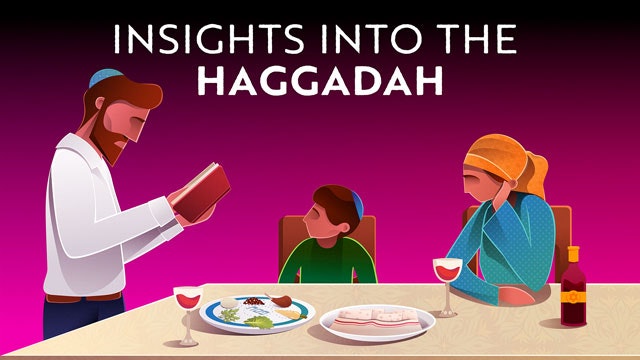
Passover Seder with Rabbi Fohrman & Immanuel Shalev
Sit alongside Rabbi Fohrman and our CEO Imu Shalev for a model seder as they explore wonderfully new and invigorating ideas on an age-old seder tradition.
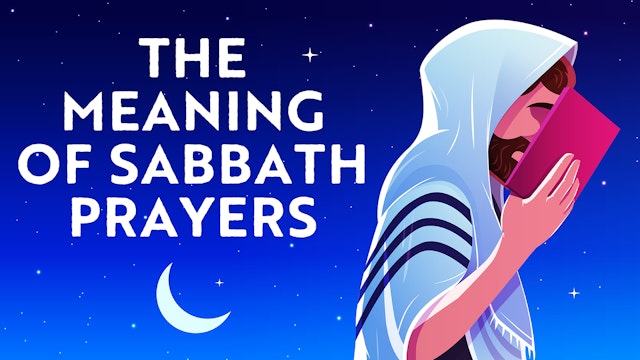
Sabbath Morning: The House that God Built
↳ part 2 of 3 of the series "The Meaning Of Sabbath Prayers"
The Sabbath prayers include special additions for each of the three times of day - Friday night, Saturday morning, and Saturday afternoon. Each prayer includes a rabbinic text that either appears in tandem with a Biblical text about Shabbat, or stands alone to describe the Sabbath. Why did the rabbis choose to include these specific Biblical texts, at these times of the Sabbath? How can we make sense of the liturgical additions that accompany them? In this three part series, Rabbi Fohrman shows how each of these prayers are in fact offering a rabbinic interpretation on the Biblical text, and how each one reveals a deep secret about the nature of Sabbath itself.